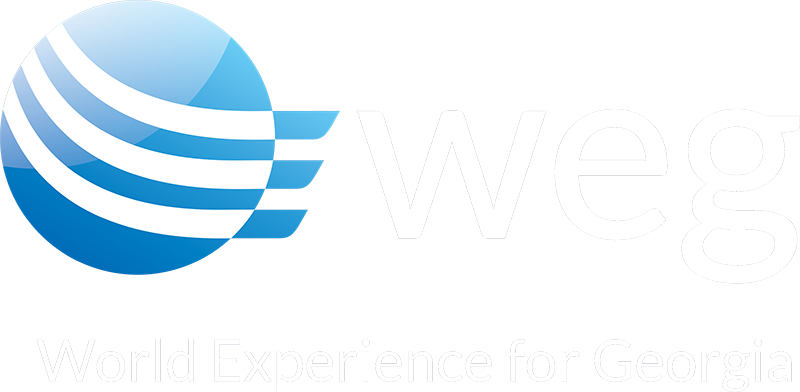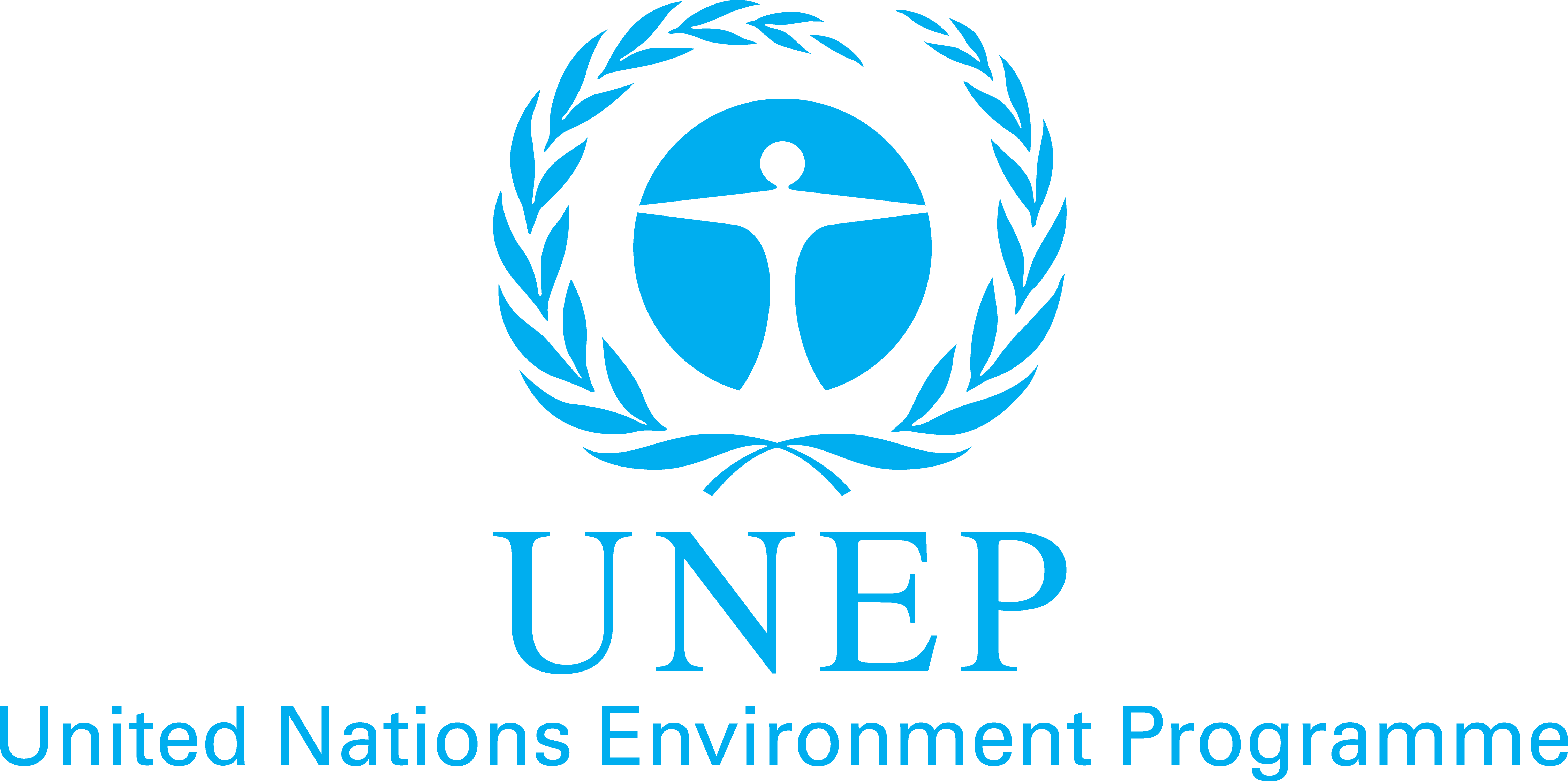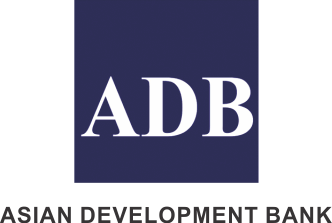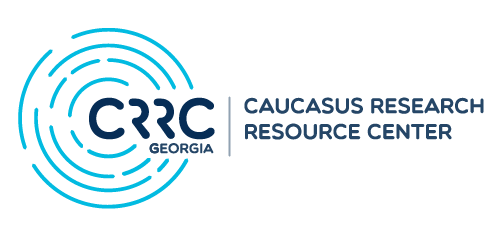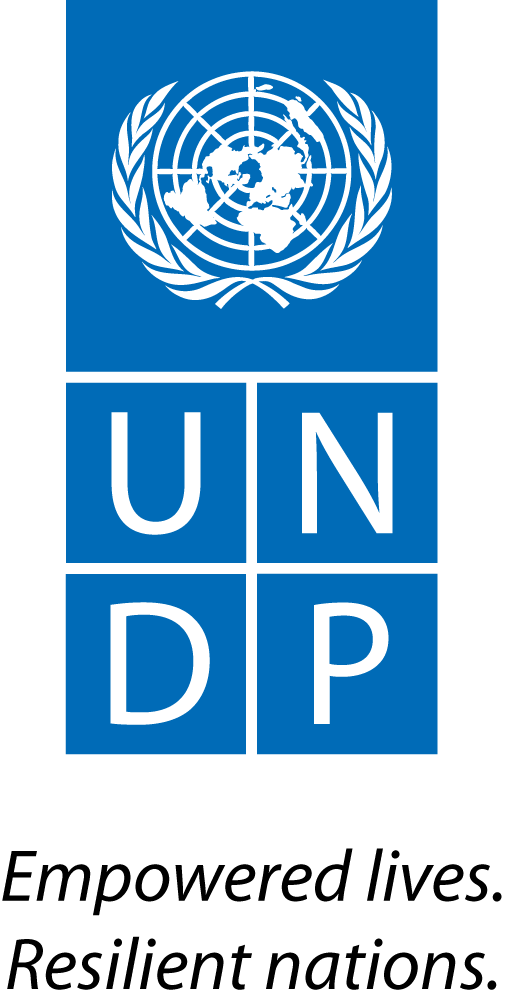Green City Action Plan (GCAP) for Batumi
City of Batumi has expressed a desire to take a systematic approach to addressing urban environmental challenges by participating in the EBRD’s Green Cites Framework. As part of the Framework, the City of Batumi will develop a Green City Action Plan (GCAP) covering a wide range of urban environmental challenges. Completing the GCAP is an important opportunity to identify, prioritise and address our City’s most pressing environmental challenges, and establish a vision and projects to enable a green future. The Swedish International Development Cooperation Agency (SIDA) is generously funding the project through the EBRD.
The Green Cities process follows a consistent methodology used by all cities developing and implementing a GCAP. The methodology follows four main steps: (1) Green Cities Baseline; (2) Green City Action Plan; (3) Green City Implementation, and (4) Green City Reporting.
The GCAP has the following aims:
- Establish an up-to-date evidence base for defining and prioritising the environmental challenges of Batumi (‘Green City Baseline’)
- Identify the City’s key environmental challenges and priority sectors (‘Green City Challenges’)
- Identify and prioritise policy options and actions that the CoB can take to improve its environmental sustainability (‘Green City Policy Options and Actions’
- Build local capacity to ensure successful implementation of the Plan
- Monitor relevant indicators and report on progress and outcomes.
Batumi’s GCAP has been developed over the last 15 months with input from over 70 stakeholders. As part of EBRD Green Cities, Batumi has received support from global engineering, design and advisory consultancy AECOM supported by WEG to develop a Green City Action Plan (GCAP)
